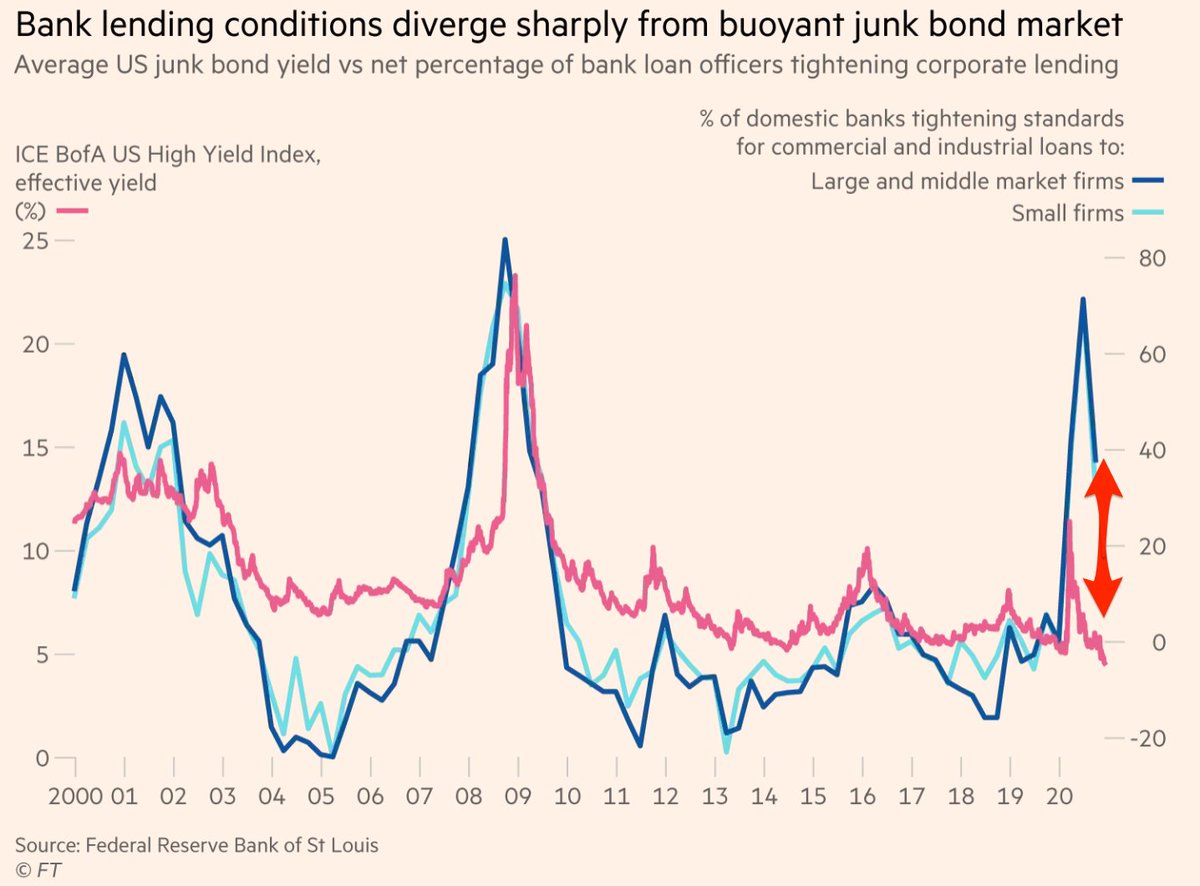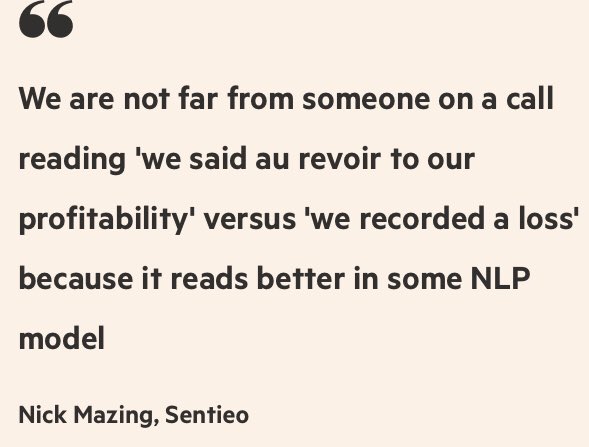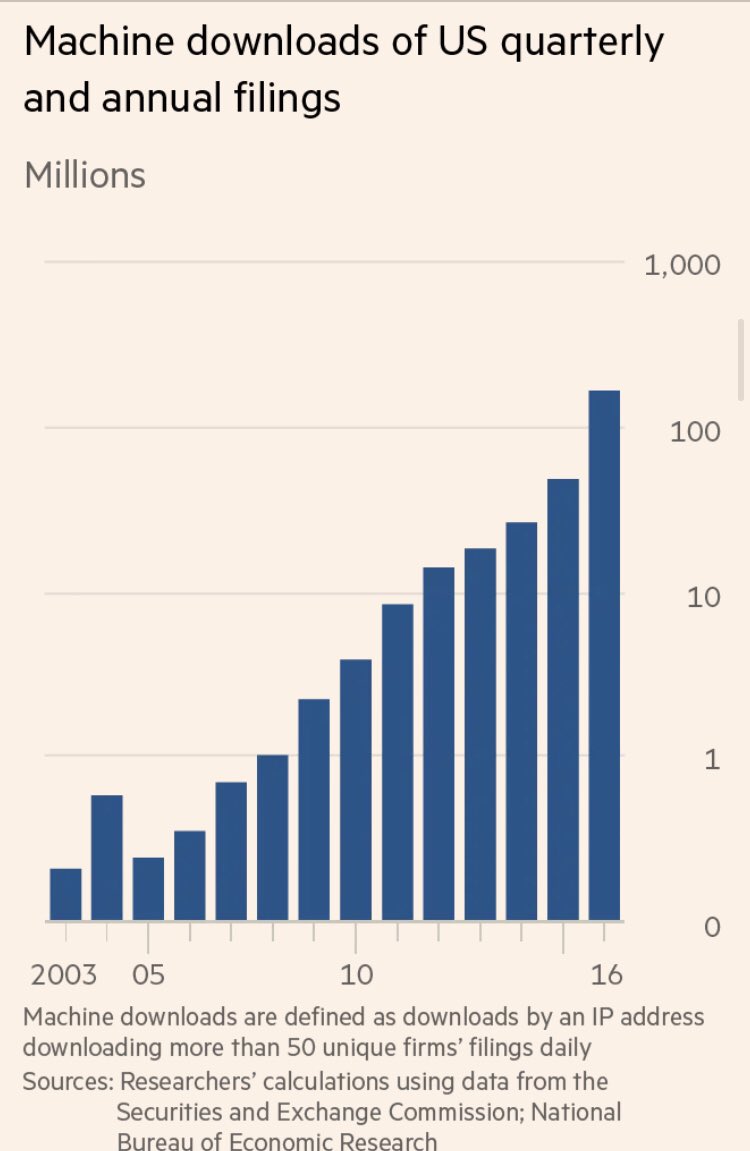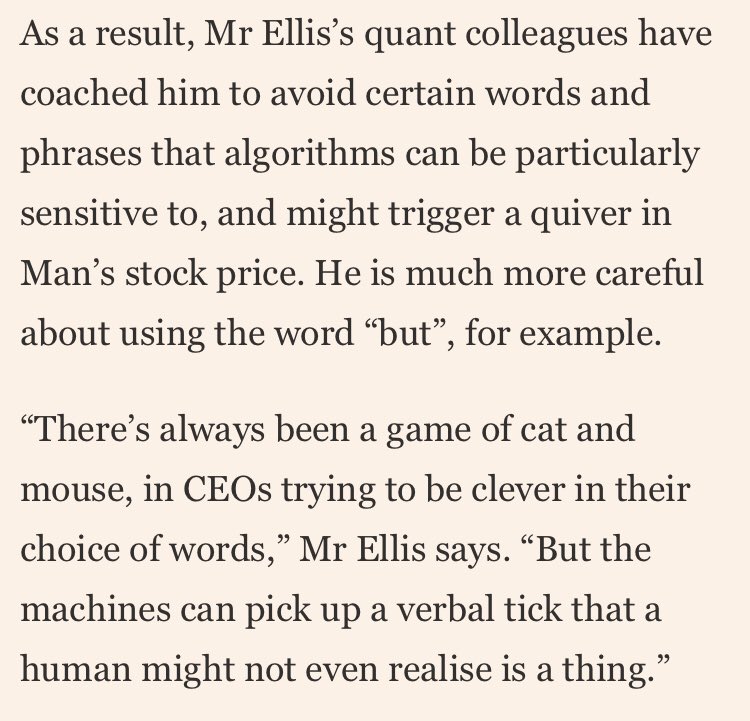
Retail investors now accounts for almost as much US trading as all mutual funds and hedge funds *combined*. Our deep dive into the frenzy, how it differs from past retail trading booms, and whether this will prove a lasting phenomenon. ft.com/content/7a91e3… 

Data for this chart didnt come in time to make it into the piece, but eight big trading apps have seen over 37m downloads over the past year. 

• • •
Missing some Tweet in this thread? You can try to
force a refresh










